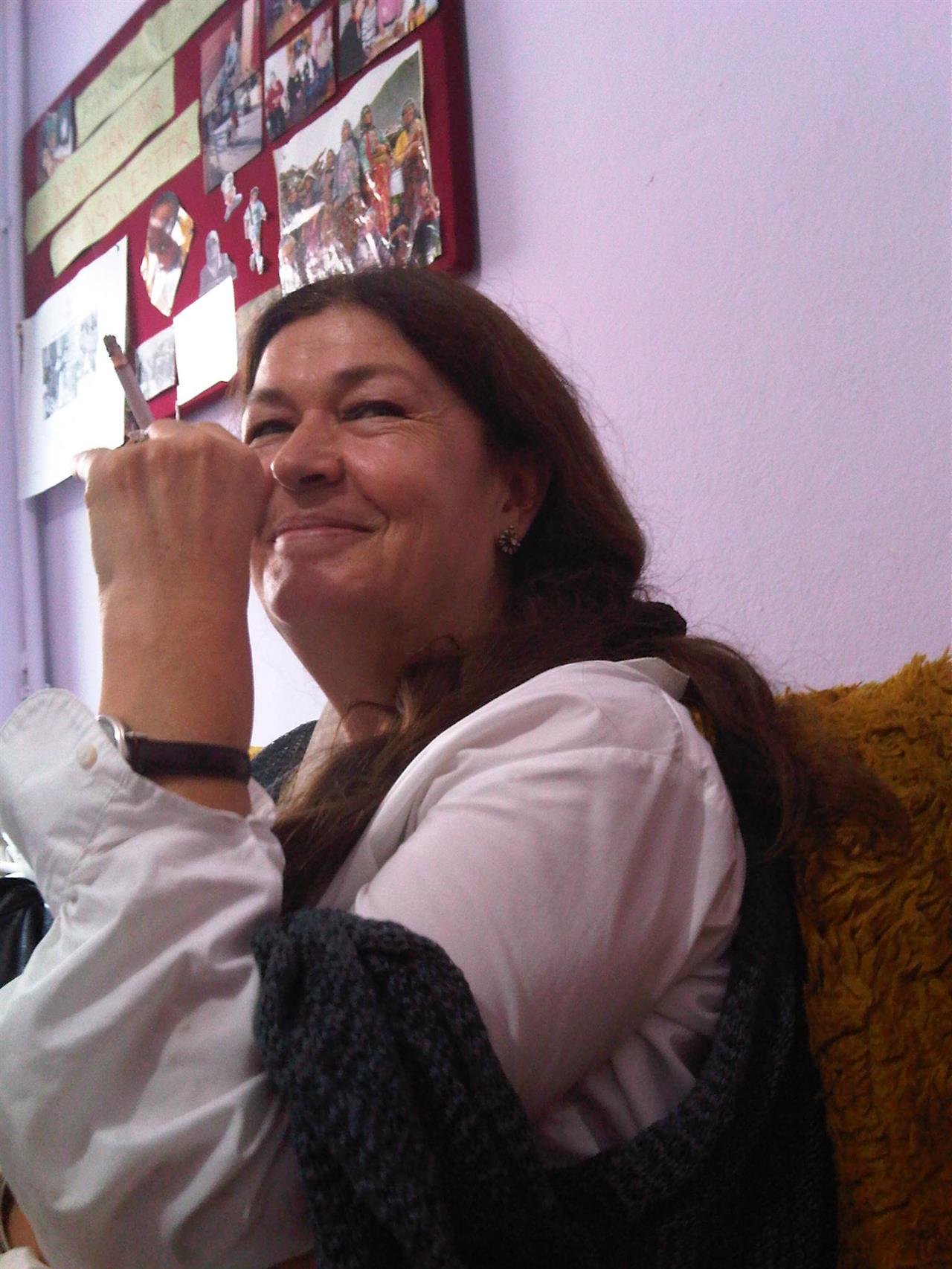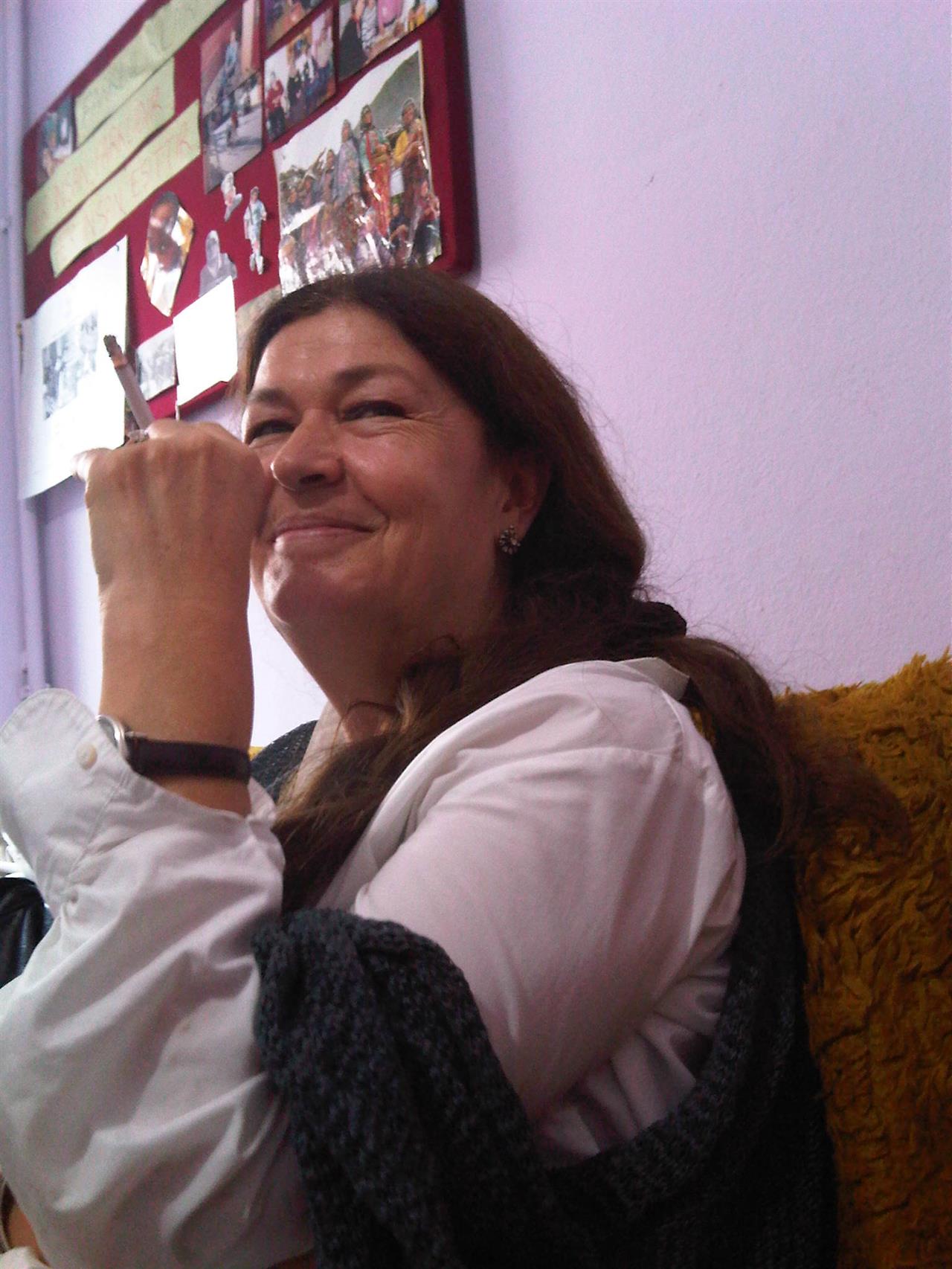
I’m contravening my own rule – one entry a week – and write another one. This is just information that you might find useful if you plan to work in turkey. Moreover, I missed last week so take this post as compensation.
My visit to Istanbul as a delegate of BMW Foundation’s Forum was an opportunity to meet top Turkish civil society leaders and other prominent figures in the country such CNN anchorman and Minister for European integration.
Civil society in Turkey is not a product of international donors as often as in non-Western countries. On the contrary there is an indigenous tradition started in the early years of Islam with endowments for God to build mosques and provide social services. They are similar to trusts.
Today they are called foundations and represent a very influential strand in society. Foundations are the largest real estate owner in Istanbul and the wealthiest ones distribute tens of millions of euros each year.
Social enterprise is a growing field. They don’t call it as such but it is what it is. Government is at odds with increasing demographics and needs cooperation with civil society to provide public services, especially in the poorest urban areas.
I visited for instance KEDV – Foundation for the Support of Women’s Work – a consortium of 75 coops serving 20,000 women every year. There are several such countries active in all fields such as kids, elderly and environment.
However, social enterprise is not really about income generation but sustainability. I had an interesting conversation with Akcar Senguel, the founder of KEDV – you can see her in the picture. In her view social enterprise mustn’t undermine social cohesion putting too much emphasis on competition.
Some more elements and considerations to keep in mind:
- Turkey was an Empire – a Sultanate more precisely – and civil society retains the same pride that you can find in Western society. Working there is not like in countries in transition. They are actually pretty disconnected and only recently have started exchanging internationally. Working in Turkey must be more challenging at the beginning but more productive in the long run
- Society is driven by the confrontation between secularist and religious fronts, and civil society as well
- There is a huge gap between urban and rural areas. Civil society is concentrated in Istanbul and Ankara with lively sprouts in Kurdish region. Rural areas are really backwards and somehow disregarded.
I’ve developed several contacts in the country but our main potential partners are TUSEV and STGM, the largest umbrellas and civil society development centres. I shouldn’t forget my friend Filiz Bikmen who run TUSEV and now is at Sabanci Foundation.
Marco Traversi, a Euclid member, is starting a project on social economy in Izmir and British Council has started a small project on social enterprise as well.
Euclid Network has been approached by two international donors to work in the country. We are still exploring these possibilities.
Our plans must take in to consideration the big picture: the long and painful process of Turkish membership in the EU. 2012 is the year for a breakthrough: new EU budget in 2012 and Cypriot presidency.
The EU has to make clear that Turkey can join, how much money it’s ready to invest and the solution for Northern Cyprus.
It’s fair to say Turkey doesn’t have an alternative. All Turks I spoke to look at Europe as main reference. Russia or the Middle East are not alternatives.
Nessuno ti regala niente, noi sì
Hai letto questo articolo liberamente, senza essere bloccato dopo le prime righe. Ti è piaciuto? L’hai trovato interessante e utile? Gli articoli online di VITA sono in larga parte accessibili gratuitamente. Ci teniamo sia così per sempre, perché l’informazione è un diritto di tutti. E possiamo farlo grazie al supporto di chi si abbona.

